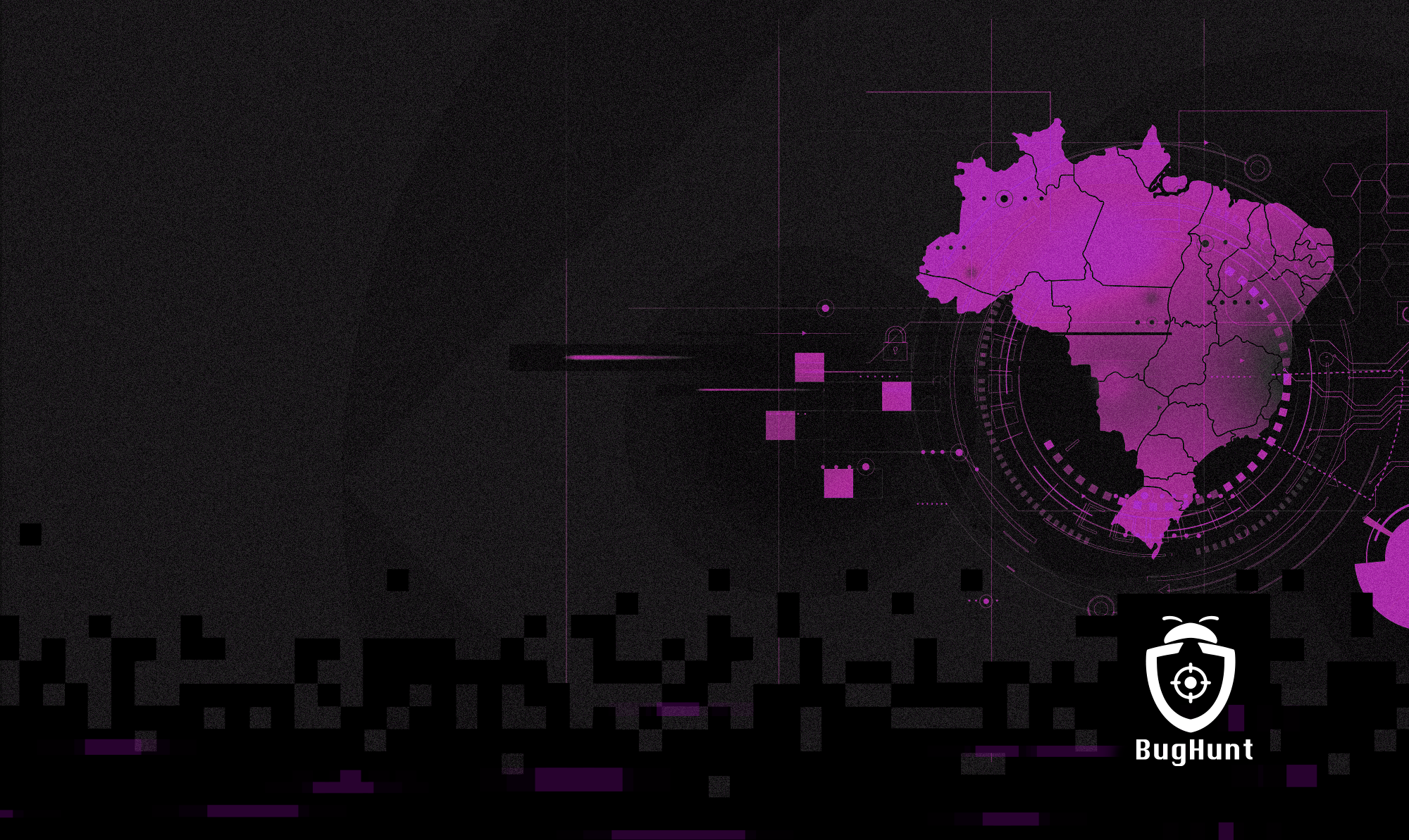What are the main challenges of cybersecurity data protection in Brazil?

After the implementation of LGPD in 2020, cybersecurity data protection in Brazil has shifted from being a business differentiator to becoming a requirement for all companies that collect and process personal information in the country.
Although 79% of companies are already compliant with LGPD, according to the 2nd BugHunt National Information Security Survey, the cybersecurity data protection landscape in Brazil is becoming increasingly challenging.
This is because Brazil is one of the main targets of cybercrimes worldwide, which requires Brazilian organizations to have more cybersecurity infrastructure as they become more vulnerable to cyberattacks.
In this context, even with the increased commitment to data protection, the challenges become even more complex because the greater the digital threat, the more infrastructure organizations need to protect themselves.
Want to understand more about the data protection scenario in Brazil and the main challenges faced by organizations? Continue reading this article. Enjoy!
What is the cybersecurity data protection scenario in Brazil?
The cybersecurity data protection scenario in Brazil is quite complex in all aspects. This is because, despite the increasing investment in cybersecurity by companies, the number of cyberattacks continues to grow.
Proof of this is that the number of companies that suffered cyberattacks in 2022 increased by 8% compared to 2021, according to data from the 2nd BugHunt National Information Security Survey.
In other words, as cyberattacks increase, companies are showing more commitment to ensuring the privacy of their customers—both internal and external—and to data protection principles.
This, in a way, means that there is an effort to ensure that the right to cybersecurity data protection in Brazil is guaranteed, whether through organizational initiatives or legislative measures. However, with the country being a focus of cybercriminal activities, this task becomes more complex than expected.
Why is Brazil a target for cyberattacks?
Currently, Brazil is the 4th largest target for cyberattacks in the world, according to the 2023 SonicWall Cyber Threats Report. One of the main reasons for this position is the current context of the country.
Brazil has a high volume of data available on the web and also a rapid digitalization process. However, the security systems’ infrastructure does not keep pace with digital development—making the country an easy target with a large volume of valuable information.
What are the challenges of cybersecurity data protection in Brazil?
To address digital risks to cybersecurity, there are some challenges in cybersecurity data protection in Brazil that need to be overcome.
One of these challenges has been addressed with the implementation of LGPD, which symbolizes a milestone in data protection in the country. Since then, Brazilian organizations have begun adopting data protection and privacy measures.
But, in addition, there are other difficulties that need to be tackled:
Strengthening the security cultureCybersecurity awareness remains a challenge in Brazil. Many people and companies lack the necessary knowledge to adequately protect their data and systems. Therefore, it is necessary to promote a cybersecurity culture by investing in education and awareness so that everyone understands the risks and knows how to protect themselves.
Lack of infrastructure and outdated technologyMany Brazilian companies still use outdated infrastructure and technologies, which can leave them vulnerable to cyberattacks. Objections to investing in updates and security solutions can hinder data protection.
Increase in cybercrimeBrazil is facing a significant increase in cybercrimes such as phishing attacks, ransomware, and online fraud. The sophistication and complexity of these attacks present a challenge for data protection.
Scarcity of qualified professionalsThere is a shortage of qualified cybersecurity professionals in Brazil. The demand for data protection and incident response specialists is high, but the supply of qualified professionals remains limited. This makes it more difficult for companies to find and hire cybersecurity experts.
How can Bug Bounty help address these challenges?
Bug Bounty helps companies make their systems more secure against cyberattacks because, with the support of bug hunting programs, companies can identify vulnerabilities in their systems and, thus, more easily fix them—since efforts are focused on precise corrections.
Additionally, Bug Bounty is an accessible cybersecurity investment trend because payments are aligned with results.
With a base of over 16,000 Information Security experts, BugHunt is the leading Bug Bounty platform that helps companies tackle the challenges of cybersecurity data protection in Brazil.

